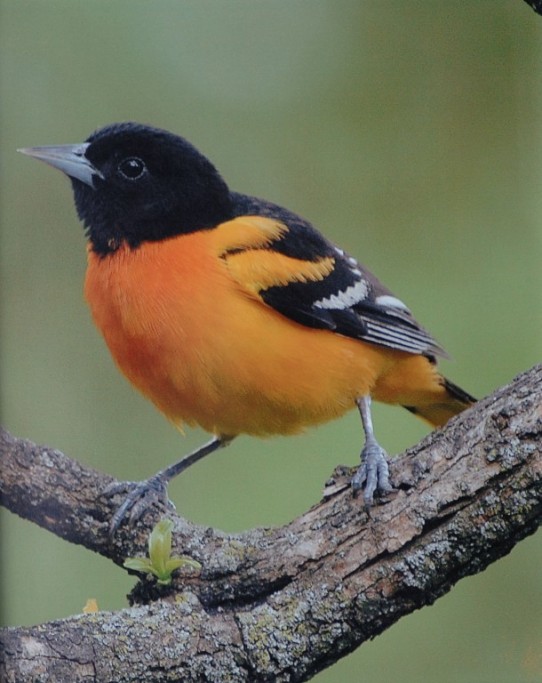“The link between the surface water concentrations of imidacloprid and declines in certain bird species in The Netherlands published today in a Nature report is interesting, but does not demonstrate that pesticide use causes bird decline, says UK's NFU Vice President Guy Smith.
“Changes in habit, climate and cropping patterns could all contribute to shifts in bird population. The study itself acknowledges that 'Food resource depletion may not be the only or even the most important cause of decline,' but it fails to investigate or even mention any other factors.
“The researchers assert that consumption of contaminated insects could have a direct impact on birds, but they provide absolutely no evidence to support this highly suggestive statement, which has caused a lot of sensationalism in the media today around ‘pesticides killing birds’.
“In the UK, the use of pesticides is tightly regulated and monitored. The study states that the use of imidacloprid in The Netherlands regularly results in the permitted environmental concentrations being exceeded – if such problems are detected in the UK, measures are rapidly implemented to avoid potential negative impacts on the environment.
“The NFU fully supports Professor Charles Godfray’s response to the article where he states that there’s an enormous importance in setting up large, replicated field experiments in real agricultural landscapes to get much harder data on the effects of this class of insecticide on all elements of biodiversity.”
 |
| No evidence to support pesticides causes bird decline in Nature report |
“The researchers assert that consumption of contaminated insects could have a direct impact on birds, but they provide absolutely no evidence to support this highly suggestive statement, which has caused a lot of sensationalism in the media today around ‘pesticides killing birds’.
“In the UK, the use of pesticides is tightly regulated and monitored. The study states that the use of imidacloprid in The Netherlands regularly results in the permitted environmental concentrations being exceeded – if such problems are detected in the UK, measures are rapidly implemented to avoid potential negative impacts on the environment.
“The NFU fully supports Professor Charles Godfray’s response to the article where he states that there’s an enormous importance in setting up large, replicated field experiments in real agricultural landscapes to get much harder data on the effects of this class of insecticide on all elements of biodiversity.”
This blog is maintained by The Global Miller staff and is supported by the magazine GFMT which is published by Perendale Publishers Limited.


No comments:
Post a Comment